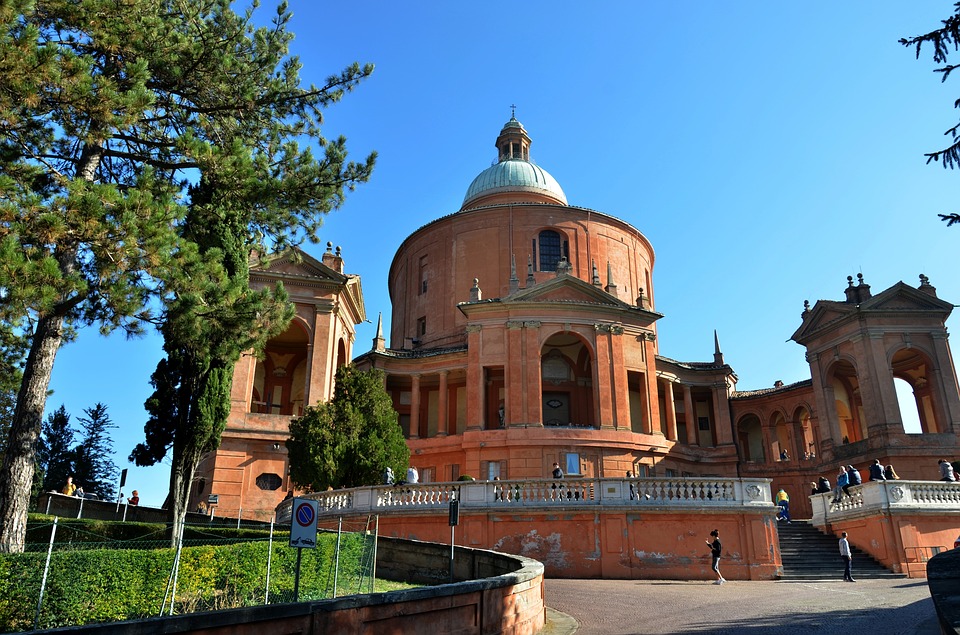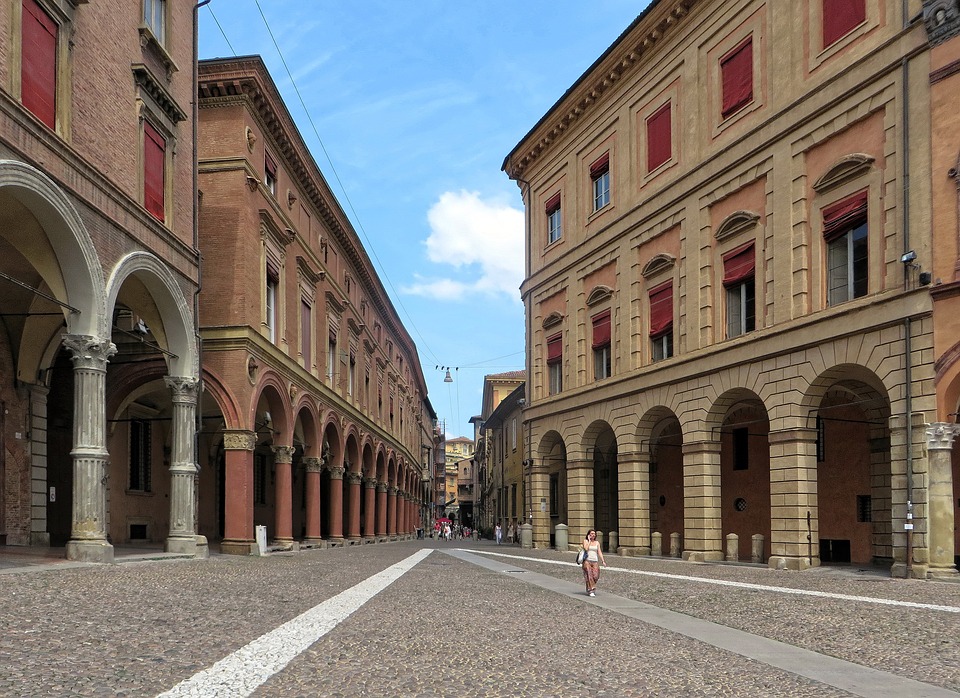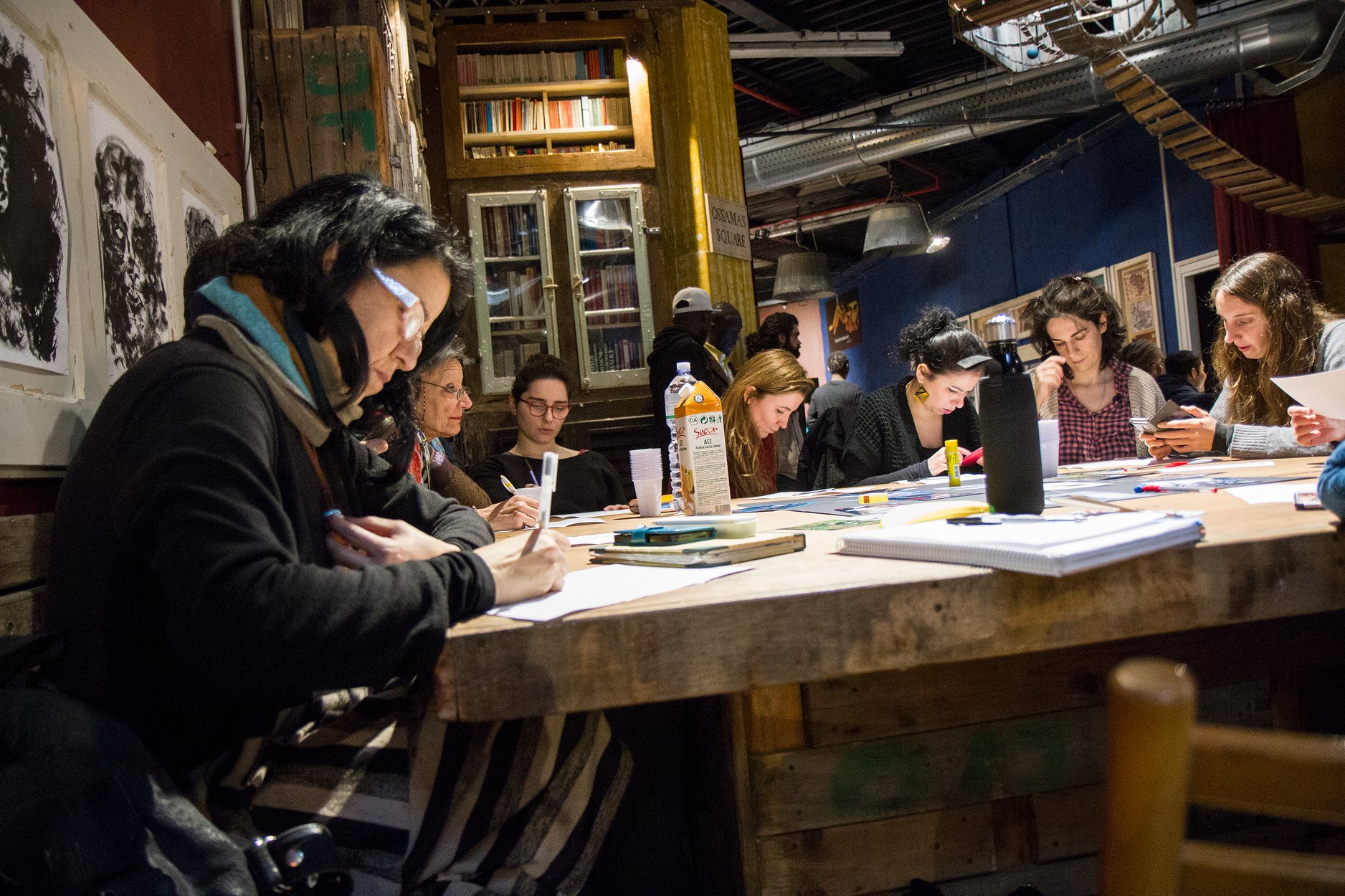This Map of Sustainable Economy in Bologna is an original work, recommending cultural and smart consumption opportunities. Each of the mentioned organizations or enterprises is coherent with the Sustainable Development Goals of the United Nations and, specifically, with those regarding environment, and/or social rights, and or territoriality (local specialities and farm-to-table products). Sustainable Economy combined with Responsible Consumption can enrich EVERYONE’S FUTURE: this Map allows to choose and live Bologna in a sustainable and fair way.
Bologna is Fair was conceived, designed and created by the fair trade organizations of Bologna: C’è un mondo and ExAequo (you can find more information in their dedicated pages).
You can find the paper map at Bologna Welcome, C’è un mondo, ExAequo and the other organisations included in the map.
This map has been edited by Valeria Roberti, Giorgio Dal Fiume and Linda Triggiani.
++++
Talking about SUSTAINABILITY is talking about FUTURE. To create Sustainable Economies means to equip ourselves of an essential tool to face the actual challenges humanity faces (rising inequality, climate change, forced migrations…) and build a better future for everyone. But without responsible consumers, no sustainable economy can cope with the challenge of the future.
This Map and the “Bolognaisfair” project are therefore a tool to direct the future towards positive horizons, towards a qualitative development of our societies. But to start it we lack the most valuable ingredient: YOU, your will to think that is possible to play an active role, your satisfaction while contributing to a better future!
This way the Map fulfills its purpose: it connects organizations, enterprises and artisans conscious for sustainable economy, with citizens/consumers aware of the effects of their choices. This is how we, as citizens/consumers, become a COMMON GOOD and drivers of change. This is the strength of BOLOGNA IS FAIR: to create a network of businesses in the Bologna area, make them visible to consumers, as part of the UNITED NATIONS commitment in promoting the Sustainable Development Goals.
Ecofriendly & Responsible Best Practices
Each organization has been evaluated on the basis of the following 4 criteria, taking into account the kind of products/services offered, the main economic activity, the overall identity, the way they present themselves, the impact of their activity.
-THE SOCIAL CRITERION: respect for the workers, of the work conditions, of the legislation; production chain and products’ origin (better if Fair Trade or similar); quality and impact on the suppliers; attention to social inclusion… In general the Fair Trade criteria.
-THE ENVIRONMENTAL CRITERION: commitment to environment protection, in an ongoing, prevalent and overt way: from organic to reuse/recycle/energy-saving, to renewable energies, sustainable transportation, use of natural raw materials, pollution reduction.
-THE LOCAL CRITERION: production of typical local goods, with a strong artisan nature, and or local raw materials, linked at last at one of the two previous factors, and with the other business’ factors CONSISTENT with Sustainable Economy;
-THE INNOVATION CRITERION: to apply in an ongoing and prevalent way at least one of the previous criteria in business and product sectors underrepresented in Sustainable Economy, widening its boundaries, allowing consumers to gain access to products/services excluded in the past from ethical/sustainable aspects.
The organizations in the BolognaisFair Map follow at least 2 of the 4 criteria, and their overall activity DOES NOT contradicts the others and the Sustainable Economy principles.




